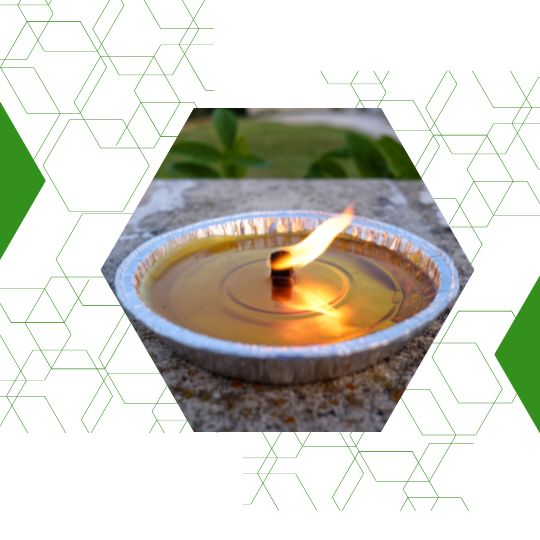Do Mosquito Resistant Plants Really Work?
When browsing the aisles of your local hardware store or plant nursery, you may have come across the description “Mosquito Repellant” on a package of seeds or a baby plant. The idea is undeniably exciting – after all, if planting a few lemongrass, citronella grass, lemon balm, or marigold plants could result in fewer bites then we’re all for it!
Well, we’d love to tell you this works and spend the rest of the article explaining which plants to add to your vegetable garden and outdoor decor… but it just isn’t to be. There is no magic combination of plants that will serve as a natural mosquito repellent for your outdoor spaces.
However, this does not mean that you need to consign yourself to mosquito bites all summer long! In this article we’ll examine where the idea of mosquito-repelling plants comes from and offer some actionable tips which are actually effective at keeping mosquitos at bay!
The Plants that (Don’t) Repel Mosquitoes
The idea that mosquitoes don’t like particular plants is a common one, and there are many different plants which purported to have insect repellent properties. These often include aromatic plants which are rich in essential oils, including most of the mint family, citronella plants, lavender plants, and lemony scented plants such as lemon thyme, lemon balm, and lemongrass.
Unfortunately, studies which have tested the efficacy of these prevention methods have failed to show any meaningful benefit. It is frustrating to see so-called ‘mosquito plants’ being touted as a solution to mosquito bites, particularly since these biting insects spread serious diseases like West Nile, Malaria, and more.
The mix-up seems to come, at least in part, from the fact that certain plant-based essential oils are effective at repelling mosquitoes. When plant matter is crushed or burned, these aromatic compounds are released into the air and can serve as natural bug repellent or pesticide. However, simply having these plants growing around your home does little or nothing to prevent bites.
Plant-Based Mosquito Repelling Sprays
While most people know about DEET, a highly effective mosquito repellent, there are natural alternatives which are quite effective. The EPA currently recommends the following plant-based active ingredients for skin-applied insect repellents:
- Nepetalactone or Catnip oil (aka Catmint)
- Citronella oil
- 2-Undecanone (derived from bananas, cloves, guava, and strawberries)
- Oil of Lemon Eucalyptus
- p-Menthane-3,8-diol (derived from the Australian Lemon-Scented Gum tree)
Keep in mind that these ingredients, while natural, can be irritants if used improperly. It is recommended to use EPA-approved insect repellents in order to get the best results and avoid skin irritation.
Plant-Based Mosquito Repelling Candles
While skin-applied products are great for the outdoors, it is not always necessary to wear bug spray to avoid bites.
Here in the south, citronella candles are a common sight at barbeques and outdoor gatherings – and for good reason. Citronella oil can be a powerful mosquito repellent and keeps these biting creatures away.
However, there is another ingredient that is less well known but has been shown to be more effective: geraniol.
This geranium scented essential oil is up to 5x more effective at preventing indoor mosquito bites than citronella!
Mosquito Protection Essentials
While sprays and candles play their part in protecting us from mosquito bites, there is one absolutely essential component of mosquito prevention that every homeowner needs to follow. Mosquitoes require standing water in order to breed, and in suburban areas the common sources of standing water are man-made!
Discarded tires, clogged gutters, poorly-maintained birdbaths, and even the bases of flowerpots and house plants serve as homes to countless mosquito larvae. Eliminating these sources is a free, DIY way of keeping mosquitoes away.
Making Your Outdoors Less Itchy
While planting a row of peppermint or lavender will certainly add a lovely fragrance to your lawn, these plants are not an effective form of mosquito control. There are, however, several plant-derived mosquito repellents that have been proven to work.
To keep local mosquito populations to a minimum, you should begin by eliminating their breeding sites – any source of stagnant or standing water should be removed! If you want to take your efforts to the next level, a mosquito treatment plan from a professional pest control company will greatly reduce the number of mosquitoes in your lawn and make it a more pleasant place to spend time this summer!

Do Mosquito Resistant Plants Really Work in North Carolina and South Carolina?
Protecting North Carolina and South Carolina


